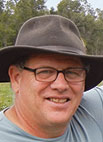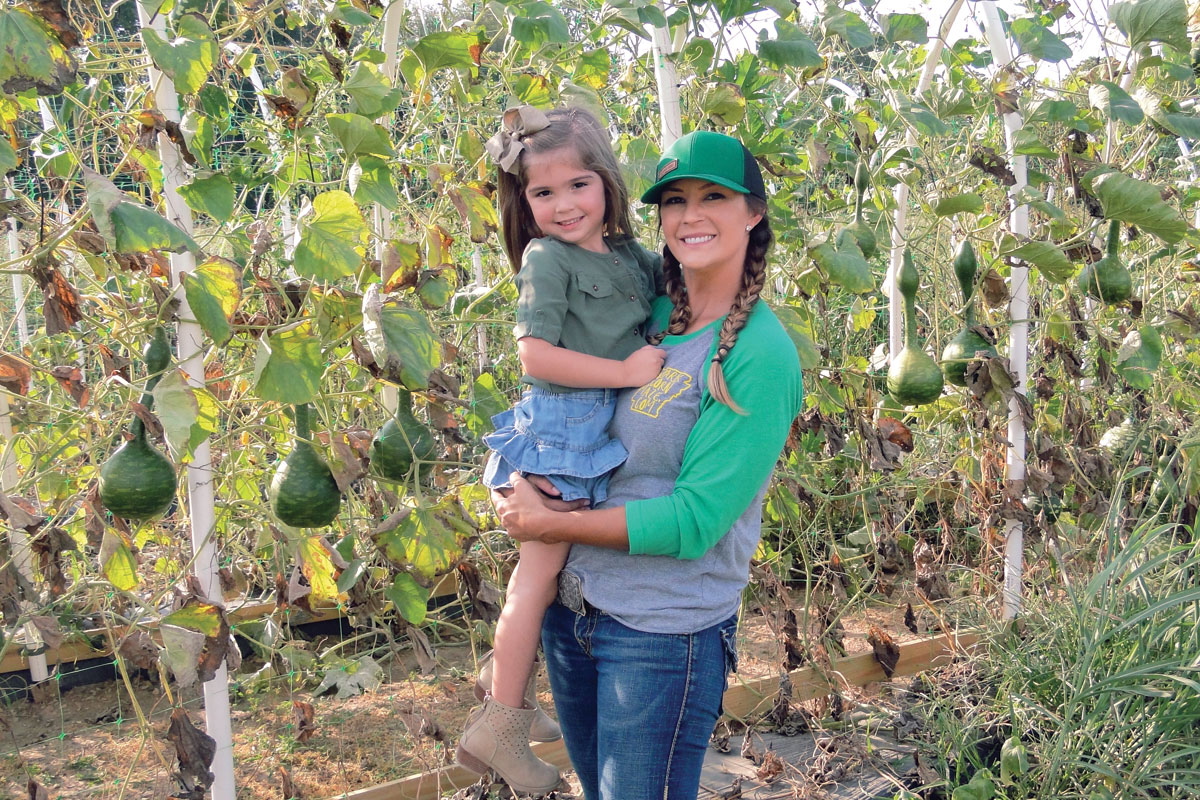
A popular phrase in the growing sustainable agriculture movement is “farm to table.” Mark Garner and Karen Hill, owners of Garner Hill Farm, are taking that phrase literally. Their goal is to raise naturally grown animals for their own consumption and for the good health and enjoyment of others.
Mark and Karen’s 65-acre farm is just outside of Harrison, Ark. They’ve only been active on the property for two years. So far, 50 acres are in pasture and 10 in woods, with a 5-acre pond they’re improving. They’re also working on cross fencing, clearing land and doing dozer work, all of which seem to be a never-ending job. Mark said, “If I had to do it over again, I wouldn’t put in any animals until I had all my infrastructure in place. It just makes life a whole lot easier.”
Mark said, “Our mission is farm to table. We want to accomplish that in two ways: We want to raise natural, real meat and offer it to the consumer at an affordable price so they can take it home and cook it. Our longer-term goal is that we want to have a restaurant and use the product that we raise, as well as partnering with other local farmers to provide produce and dairy products, cheeses and that type of thing.”
To accomplish this goal, Mark and Karen have sheep, pigs and cattle. Their Katahdin sheep are hair sheep – they don’t have woolly hides. Mark said, “Wool has been bred out of them, so they just have a fine coat of hair. They can handle the heat. All of their energy goes to building muscles and meat instead of fleece and wool. Another benefit is that the hair sheep produce very little lanolin, and it’s the lanolin that flavors the meat. That’s why most people say, ‘We don’t like lamb,’ or, ‘we don’t like sheep.’ It’s not the meat that’s tasting bad, it’s the lanolin oils in the sheep.” Mark and Karen have a llama that protects the sheep, but the pigs need no protection. Karen said, “Pigs don’t need predator control. (When there’s danger) they all charge at the same time.” She added, “We actually keep the chicken coop in the pig pen. The pigs protect the chickens.” They haven’t lost one.
Right now they have 22 head, with one herd bull. When needed, they buy hay. Before they had actually moved to Harrison from Texas, they organically fertilized the pasture, revitalized the existing grass and planted seeds. This past winter, Mark and Karen bought only 10 bales of hay.
In the first step to reaching their organic restaurant goal, Mark and Karen have taken their product to the people. Every Saturday morning during the summer season, they can be found in Harrison, serving up what they call “Breakfast on the Square.”
Mark and Karen realize that their “farm-to-table” dream probably won’t make them rich. That’s why Mark still keeps his day job working as a project manager in the claims division at Farmers Insurance. After 12 years of marriage, they’ve learned how to balance paying the bills and following their heart.







